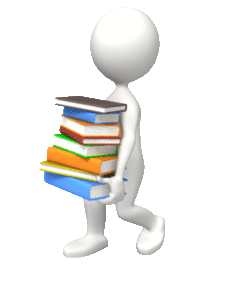Lesson Three - Poetry
Introduction
 Lesson Three - Poetry
Lesson Three - Poetry
Duration - 1 block (1 x 80 min + homework)
"The stories within the poems don't matter, the grand themes don't matter. The movement of the mind and language is what is important . . . We can come back to these fragile drawings again and again, taking another look, discovering something new, not hearing what we heard the first time we read it. Somehow the poems move when you are not watching, so that new objects and tones come into relief." - Michael Ondaatje
Unit One is heavy on notes. Do not panic - the remainder of the course is not like this!! This unit is designed as a review and presentation of the bulk of the theory (notes) that you will need for this course. Please print off the notes and store them in a separate binder for easy reference as you move through ELA 30-1.
Poetry, like most other literature, explores what others think of life and the many facets that it involves. Poetry is much like other literature studied, in that it does attempt to illuminate some perception, some emotion, that the author has. It may or may not be unique, and you may or may not agree with what an author expounds, but it should always be interesting to read, if nothing else. The way an author chooses to express ideas is often the focus of the poem.
And even though many students often complain that they hate poetry, you need to have at least a taste of what there is out there, so that you might gain an appreciation of this literary form.